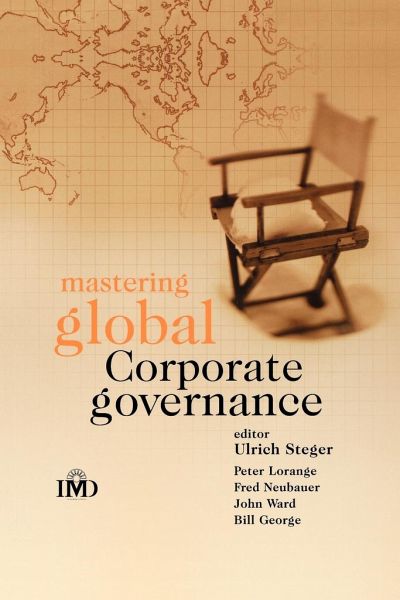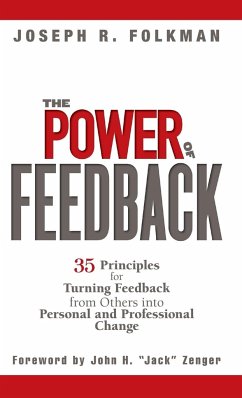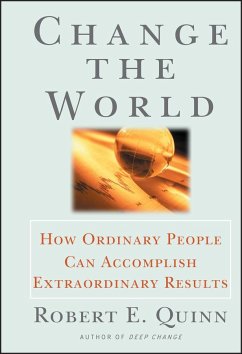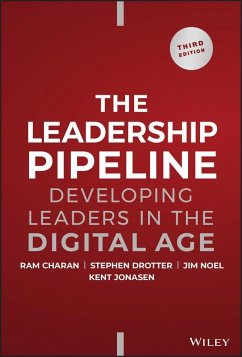Ulrich Steger holds the Alcan Chair of Environmental Management at IMD and is Director of IMD's research project on Corporate Sustainability Management, CSM. He is also Director of all Daimler Chrysler Partnership Programs, the Allianz Excellence Program and the Yukos Program. In addition, Professor Steger heads IMD's Global Corporate Governance Research Initiative. He is also a member of the supervisory and advisory boards of several major companies and organizations. He was a member of the managing board of Volkswagen, in charge of environment and traffic matters and, in particular, the implementation of an environmental strategy within the VW group worldwide. Before becoming involved in management education, he was active in German politics. He was Minister of Economics and Technology in the State of Hesse with particular responsibility for transport, traffic, and energy. Before that, he was a member of the German Bundestag, specializing in energy, technology, industry, and foreign trade issues. Dr Peter Lorange has been the President of IMD since 1 July 1993. He is Professor of Strategy and holds the Nestlé Chair. He was formerly President of the Norwegian School of Management in Oslo. His areas of special interest are global strategic management, strategic planning and entrepreneurship for growth. Dr Lorange has written or edited 13 books and some 90 articles. He has conducted extensive research on multinational management, strategic planning processes, and internally generated growth processes. He has taught at the undergraduate, Master and Doctoral levels, and worked extensively within his areas of expertise with US, European and Asian corporations, both in a consulting capacity and in executive education. He serves on the board of directors of several corporations including: ISS - International Service Systems, Christiania Eiendomsselskap, S. Ugelstad Ship owners, StreamServe AB, Pharmasoft AB, Intentia International AB, and Preferred Global Health. He is also a board member of the Copenhagen Business School. Dr F. Friedrich Neubauer, Professor of Multinational Corporate Strategy and Planning at IMD, is German; he joined IMI, Geneva, one of the parent organizations of IMD, in 1973. Fred Neubauer is author of several books (and numerous articles). Portfolio Management, originally published in German (1990), now appears in English, Slovenian and Spanish. His present research interests are concentrated in the areas of corporate boards and European management approaches. In the area of corporate boards he - together with Dr Ada Demb - has been involved in a large empirical study on boards. The results of the study were published by Oxford University Press in March 1992 (Demb/Neubauer, The Corporate Board: Confronting the Paradoxes). His latest book - The Family Business: Its governance for sustainability (Macmillan, 1998) - was published together with Alden G. Lank. It is based on a four-year study of governance issues in family businesses. Dr Neubauer is also a consultant in the area of strategic management and corporate governance. In the course of his career he has advised a broad range of companies, among them several large multinational car makers, soft drink and fragrance corporations, internationally active banks, packaging equipment manufacturers, building material producers etc. He also conducts in-company board retreats where the whole board of a given company looks at its own performance as a board. Professor Ward is The Wild Group Professor of Family Business at IMD, and also a professor at Northwestern University's Kellogg Graduate School of Management (USA). He is director of IMD's renowned 'Leading the Family Business' programme, in which he has taught since its inception in 1987. His teaching and research interests are in family enterprise continuity, governance, and sustainable strategy. His MBA and PhD degrees are from Stanford Graduate School of Business. Ward has authored several books, including the bestselling Keeping the Family Business Healthy, Creating Effective Boards for Private Enterprises , and the just published Strategic Planning for the Family Business, as well as the Family Business Leadership Series (published in four languages) and numerous articles. He serves on the board of several companies in Europe and North America. Bill George is Professor of Leadership and Governance at IMD and also Visiting Professor of Management at Ecole Polytechnique Fédérale Lausanne (EPFL). He was Chairman of the Board of Medtronic, the world's leading medical technology company, from 1996 to 2002 and Chief Executive Officer from 1991 to 2001, having joined Medtronic in 1989 as president. He was named Director of the Year 2001-02 by the National Association of Corporate Directors and Executive of the Year 2001 by the Academy of Management. Mr George is a board member of Novartis and Target Corporations. He also serves as a director of American Red Cross, Harvard Business School, Carnegie Endowment, Allina Hospitals, Minneapolis Institute of Arts, and as Chair of Minnesota Thunder Pro Soccer. He was an executive with Honeywell from 1978 to 1989 and Litton Industries from 1969 to 1978. From 1966 to 1969 he worked in the US Department of Defense. He received his BSIE with high honors from Georgia Tech in 1964 and his MBA with high distinction from Harvard Business School in 1966. His book, Authentic Leadership, was published by Jossey-Bass in 2003.















